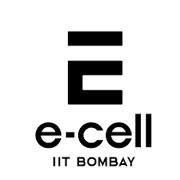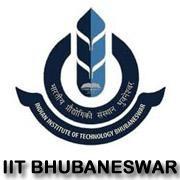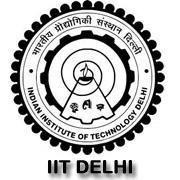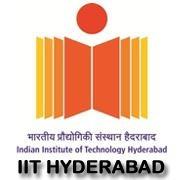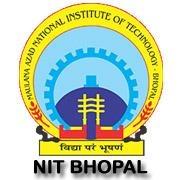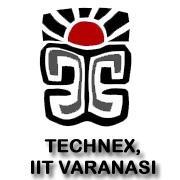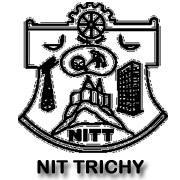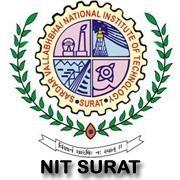JAVA-Core & Advanced
What is Java ?
Java is a programming language expressly designed for use in the distributed environment of the Internet. It was designed to have the "look and feel" of the C++ language, but it is simpler to use than C++ and enforces an object-oriented programming model.
What is Core & Advanced Java ?
Core java is used for developing general java application where as Advanced java is used for developing the web based application and enterprise application. Core java is having the concept of Java fundamentals, Applet, Swings, JDBC, JavaBeans etc.
Topics to Be Covered
Core Java
- Introduction to Java and OOPS
- Java Tokens- Comments, Identifiers, Keywords, Separators
- Working with Java Editor Softwares – Editplus, NetBeans, Eclipse
- Packages with static imports
- Working with jar
- Modifiers – File level, Access level and Non-access level
- Datatypes, Literals, Variables, Type Conversion, Casting & Promotion
- Reading runtime values from keyboard and Properties File
- Operators and Control Statements
- Method and Types of methods
- Variable and Types of Variables
- Constructor and Types of constructors
- Block and Types of Blocks
- Declarations, Invocations and Executions
- Compiler & JVM Architecture with Reflection API
- Static Members and their execution control flow
- Non-Static Members and their execution control flow
- Final Variables and their rules
- Classes and Types of classes
- OOPS- Fundamentals, Models, Relations and Principles
- Coupling and Cohesion (MVC and LCRP Architectures)
- Types of objects & Garbage Collection
- Arrays and Var-arg types
- Enum and Annotation
Advanced Java
JDBC 4.0
- Introduction to JDBC
- JDBC architecture
- java.sql Package
- Connection, Statement, ResultSet
- Prepared Statement
- Callable Statement
- Scrollable and Updatable ResultSet
- Batch Updates
- ResultSetMetaData
- Simple Transaction Management
- Four Levels of JDBC drivers, their pros & cons
- Features of JDBC 3.0
Servlets 3.0
- Need of Server side Programming
- Introduction to Servlets
- Servlet Life Cycle
- javax.servlet package
- ServletConfig, ServletContext, ServletResponse
- Supplying initialization parameters to Servlets
- Performing database operations in Servlets
- Include and forward mechanisms
- Applying filters to Servlets
- javax.servlet.http Package
- HttpServlet Life Cycle
- Http request methods GET vs POST
- HttpServletRequest, HttpServletResponse
- Dealing with Http headers & error codes
- Session Tracking, purpose
- Hidden form fields, Cookies
- Http Session, URL rewriting
- Event listeners
- Web application security
Duration: The duration of this workshop will be five consecutive days, with 6-7 hours session per day
Certification Policy:
- Certificate of Participation for all the workshop participants.
- At the end of this workshop, a small competition will be organized among the participating students and winners will be awarded with a 'Certificate of Excellence'.
- Certificate of Coordination for the coordinators of the campus workshops.
Eligibility: There are no prerequisites. Anyone interested, can join this workshop.




